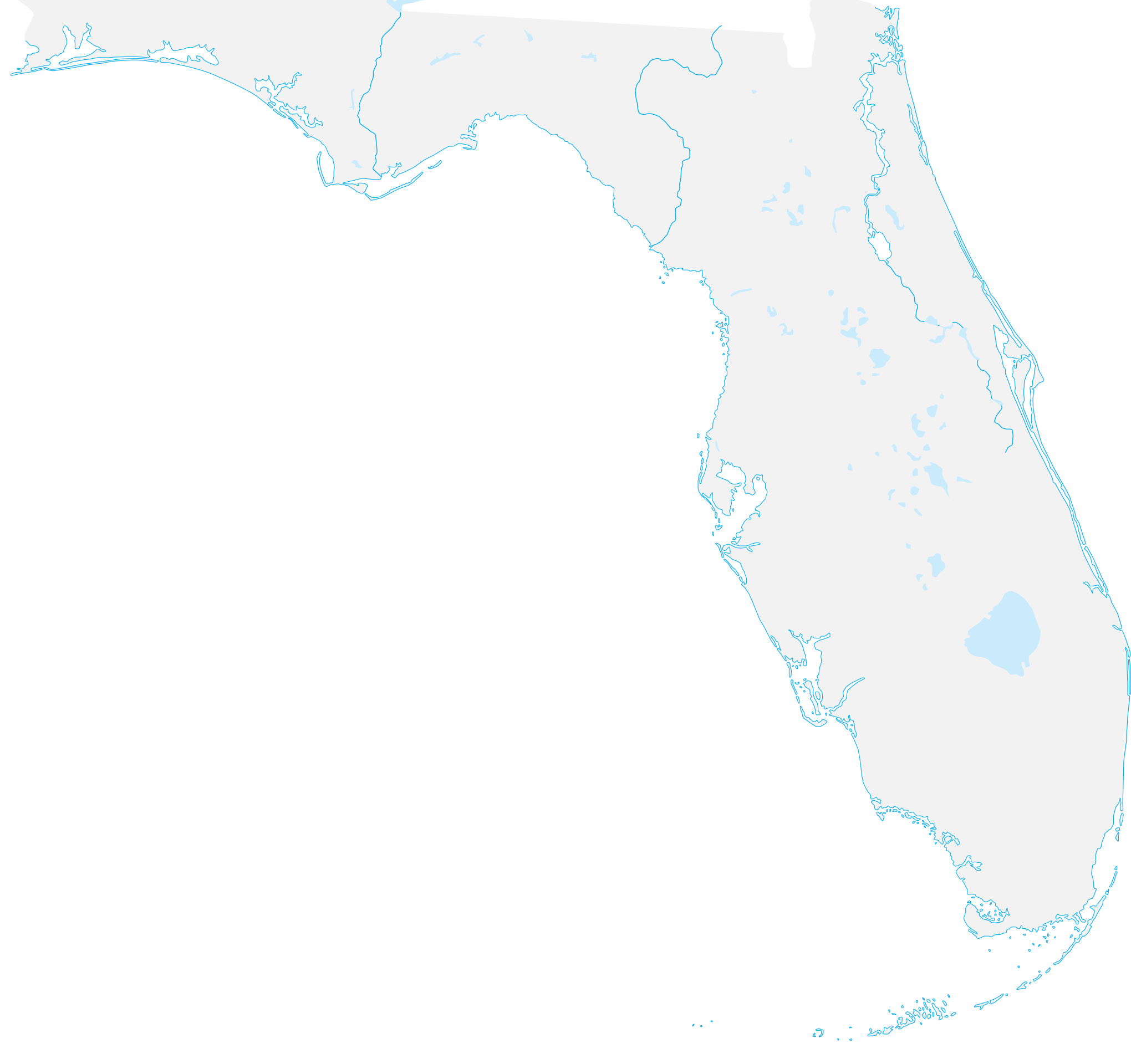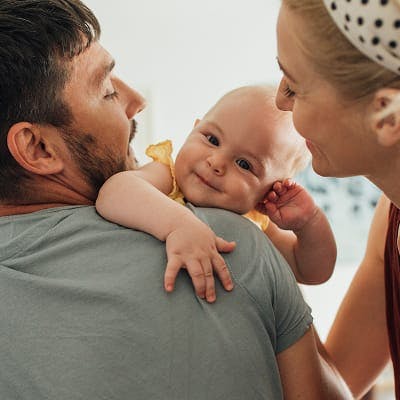Jan 21, 2026

The Crisis
The misuse of and addiction to opioids—including prescription pain relievers, heroin, and synthetic opioids such as fentanyl—is a serious national crisis that affects public health as well as social and economic welfare. This issue has become a public health crisis with devastating consequences including increases in opioid misuse and related overdoses, as well as the rising incidence of neonatal abstinence syndrome due to opioid use and misuse during pregnancy.
Impact on Children
After more than a decade of sustained declines in the national foster care caseload, beginning in 2012, the number of children entering foster care began to rise. Between 2012 and 2016, the number of children in foster care nationally rose by 10 percent, from 397,600 to 437,500 [U.S. Department of Health and Human Services, https://aspe.hhs.gov/child-welfare-and-substance-use].
The number of children placed in foster care in the United States due to parental drug use has more than doubled over the past two decades [“Kids Sent to Foster Care Doubles Due to Opioids”, Dennis Thompson, HealthDay, https://www.webmd.com/mental-health/addiction/news/20190715/opioid-epidemic-doubled-number-of-us-kids-sent-to-foster-care#1]. From 2011 through 2016, higher rates of overdose deaths and drug-related hospitalizations correlated with higher rates of entry into foster care. Substance use not only correlates with higher rates of foster care entry but also corresponds with more
complex and severe cases of child maltreatment [The Relationship between Substance Use Indicators and Child Welfare Caseloads By Robin Ghertner, Melinda Baldwin, Ph.D., Gilbert Crouse, Ph.D., Laura Radel, Annette Waters, PhD.]
Adoption as an Outcome
Infant adoption has changed significantly in recent years. While our country has faced the scourge of drug addiction and substance abuse disorder (SUD) with an ever-changing array of substances, members of the Academy of Adoption & Assisted Reproduction Attorneys (AAAA) have witnessed a growing number of children who are being placed for adoption at birth who had been exposed to drugs in utero, frequently opioids. These infants often require significant medical care at birth and may spend extensive time in the neonatal intensive care unit. As adoptive families welcome an infant into their loving home, they do so knowing that these children face the prospect of unknown long term medical and developmental challenges in the years ahead. Without adoptive families caring for these infants, many of them will enter an underfunded foster care system that has been flooded with children affected by the opioid crisis. Given the profound impact the opioid addiction crisis has had on society as a whole, it has had similar impacts on the face of adoption. [AAAA]
Birth Parents and the Adoption Choice
The AAAA believes that birth mothers should be fully informed of their options for their child, including presenting the option of adoption (in a neutral manner, by unbiased third-party entities not connected to the hospital, state child welfare agency, or parenting support organization) alongside parenting and foster care. The AAAA acknowledges adoption is not a choice every parent will or should make for their child, but they believe it is important for mothers to know all of their potential options when it comes to the future of her child [AAAA].
Adoption Assistance Grants
Gift of Adoption provides adoption assistance grants to complete the adoptions of vulnerable children. As the opioid crisis has grown, so has the number of grants Gift of Adoption provides to prevent opioid-exposed children from entering the foster care system. When the birth mother chooses adoption, the adoption is a private adoption and costs to the adoptive family can be $25,000 or more. Gift of Adoption does not take a position on whether adoption is the correct outcome in any situation. Gift of Adoption simply responds to the need that exists. As an AAAA member adoption attorney and member of the Gift of Adoption Florida Chapter board, I appreciate how Gift of Adoption grants empower a birth mother to choose an adoptive family for her child by removing a significant portion of the financial burden that may otherwise prevent the chosen family from adopting. Giving the birth mother a voice in the placement of her child allows the birth mother to choose a family who will honor the relationship she wishes to have with the child and gives the child a connection to his/her birth family.
About Gift of Adoption
Gift of Adoption Fund is a national 501(c)3 charity that provides the final funds needed to complete the adoptions of vulnerable children. The organization awards grants of up to $10,000 to provide families – regardless of race, religion, age, sexual orientation or marital status – the financial support needed to bring their children home. Gift of Adoption prioritizes grants for those adopting the most vulnerable children facing what is likely their last or only chance at adoption. This includes families who are adopting children who might otherwise enter foster care, those who are working to unite or keep siblings together and those adopting children with critical medical conditions or kids aging out of orphanages. Visit www.giftofadoption.org to learn more on how to put adoption in reach for children in need of families.
Jeanne Tate, Board Certified Adoption Attorney











